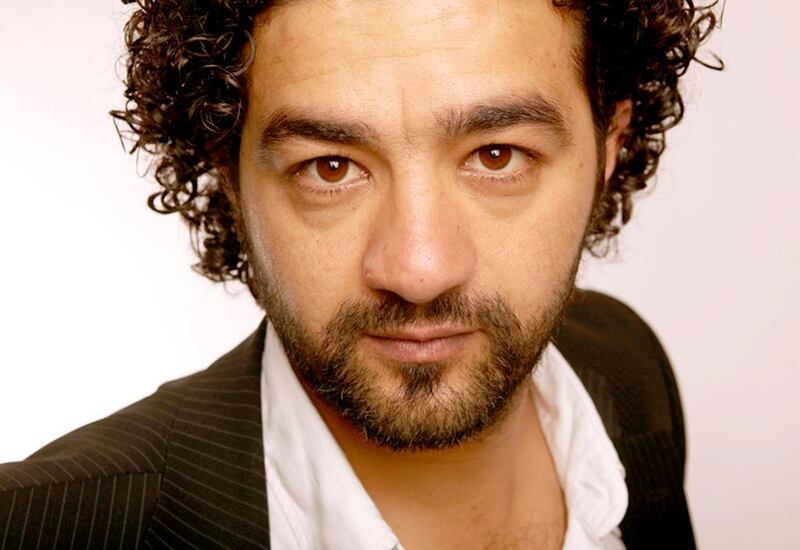If the Abu Dhabi Film Festival wanted to choose an adoptive son, it’d surely find few better choices than Mohamed Al-Daradji.
Back in 2009, when the festival was still known as the Middle East International Film Festival, it welcomed the world premiere of the Iraqi director’s drama Son of Babylon, which follows a grandmother in post-Saddam Iraq searching for her son, who never returned home from the first Gulf War in 1991.
Not only did the film earn him Variety magazine’s Middle East Filmmaker of the Year award, but it was also the first feature the festival supported financially, a year before its official Sanad fund was established.
Then in 2011, Al-Daradji returned to Abu Dhabi with In My Mother’s Arms, an emotional documentary he shot with his brother about a group of children in Baghdad whose parents had been kidnapped or lost, another Sanad-funded production.
Underlining his commitment to the festival, this year Al-Daradji brings to Abu Dhabi his next feature, In the Sands of Babylon. Once more, it’s a world premiere and another Sanad-supported project.
“The relationship between me and my team and the festival is very good,” says Al-Daradji from the UK city of Leeds, where he set up the production company Human Film in 2005; he now divides his time between Leeds and Baghdad.
In the Sands of Babylon, which Al-Daradji describes as neither fiction nor documentary, follows on from Son of Babylon, picking up the story of the Iraqi uprising in 1991 and the thousands who perished at the hands of Saddam Hussein, many of whom ended up in mass graves.
In the film, Al-Daradji follows a soldier, Ibrahim (played by Samer Qahtan), who has escaped from Kuwait as the Iraqi army retreats. Wanting to return home, he tries to cross the desert but is captured by the Republican Guard and thrown into one of Saddam’s notorious prisons.
“He’s the son of Um Ibrahim, the mother in Son of Babylon. So it’s really the second part of the film. I go through the journey of Ibrahim and what happened to him.”
Al-Daradji and his crew interviewed people who experienced the events of 1991 first-hand and narrowly escaped death at the hands of Saddam’s brutal regime. “Through the experience of those survivors I manage to understand what happened to the people and Ibrahim. But those survivors are still affected by the past and don’t want to face it.”
Finding the characters who became “actors in the film” was not a simple task. “There are just a very small number of survivors from the regime. It took me a year to find them and it wasn’t easy to bring them to the camera and let them act on the film. It was a long process.”
The film, says Al-Daradji, is meant to show the suffering in Iraq’s recent history – and also to show that the Arab Spring actually began many years earlier than 2011, first in Algeria in 1988 and then in Iraq in 1991. “But the international community abused this, by supporting the uprising just as the Gulf War was about to end and then making a deal with Saddam and leaving the people without support. If this uprising had been a success, we would have a very different Middle East than the one we see today.”
Filming in Iraq is still “not easy”, claims Al-Daradji, but the experience making In the Sands of Babylon was nothing compared to shooting his first films in 2003 and 2004. “Then I didn’t have any security with me at all, but this time I can ask the authorities to provide security.”
Before he filmed Son of Babylon, Al-Daradji’s mother asked him why he was making fictional films. “She said our life is fiction. That’s how we live in Iraq. So I fixed on making this idea based on what my mother told me.” The Abu Dhabi Film Festival, and regional filmmaking, is better off for his mother’s words.
• The film screens tomorrow at 9pm at Emirates Palace and on Wednesday at 3.30pm at Marina Mall Vox 1
[ artslife@thenational.ae ]





